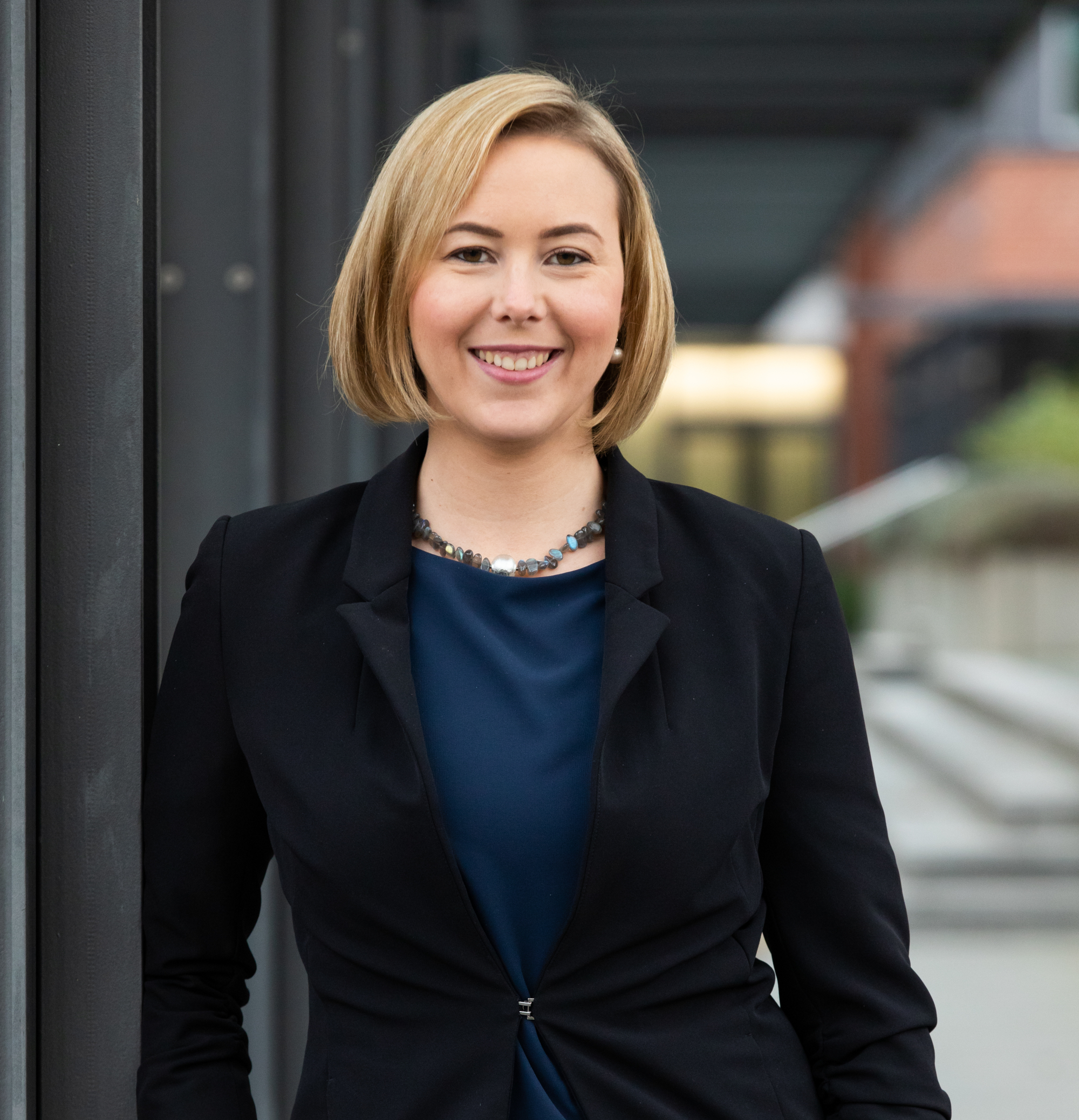The leading Brazilian agricultural magazine “A Granja”1 recently awarded KWS the title “Best Supplier of Corn Seed in Brazil.” An annual survey provides the foundation for this award. Readers of the magazine can vote online about which company they consider to be the leader and thereby should receive the award. “To receive recognition from the general public as the best corn seed company in the Brazilian market is a great honor and testimony to our success,” says Marcelo Salles, KWS Regional Director in South America. “This is especially the case given that KWS is still a comparatively young company in this market and we go up against competitors that have been active in the market for much longer."
In another piece of good news, the most recent analysis of the Brazilian market by the Kleffmann Group, a leading global market research and consulting company for the agricultural industry, showed that KWS had achieved 1.9% growth with respect to the overall Brazilian corn market, which covers 17 million hectares. Brazilian safrinha2 corn grows on 13.4 million hectares of cultivated land, making it the most important corn seed market in the country. Here, KWS was even able to achieve 2.3% growth, beating out all its competitors.
“For a company that has only been active in the Brazilian market for eight years, KWS has developed remarkably,” says Alexander Drotschmann, Head of Business Unit Corn & Oilcrops Americas. “We scored points with both innovative high-performance hybrid varieties and in breeding, production, marketing and sales with an outstanding team that is qualified and committed to meeting the needs of our customers.”
It was just last year when the independent seed specialist KWS launched six new high-performance hybrids on the Brazilian corn market to meet local needs in terms of yield, tolerance against widespread herbicides and resistance to an array of caterpillar pests. The hybrid K9606VIP3 showed the strongest development: It already ranks third among the best-selling safrinha hybrids on the Brazilian market.
KWS has four research stations in Brazil. By locating them in different environmental zones across the country, the company can develop products specifically tested for the different regions.
1 The Brazilian agricultural magazine “A Granja” is Brazil’s oldest magazine. Founded 75 years ago, it was the first publication in this format. It was also the first journal specifically devoted to reporting news from the agricultural industry. “A Granja” is published monthly and currently delivers technical and business content to 55,000 subscribers across the country.
2 The name safrinha refers to Brazil’s second corn harvest. Safrinha corn is sown after a field’s soybean harvest has been completed. The second harvest usually produces about 70% of the Brazilian corn crop.

